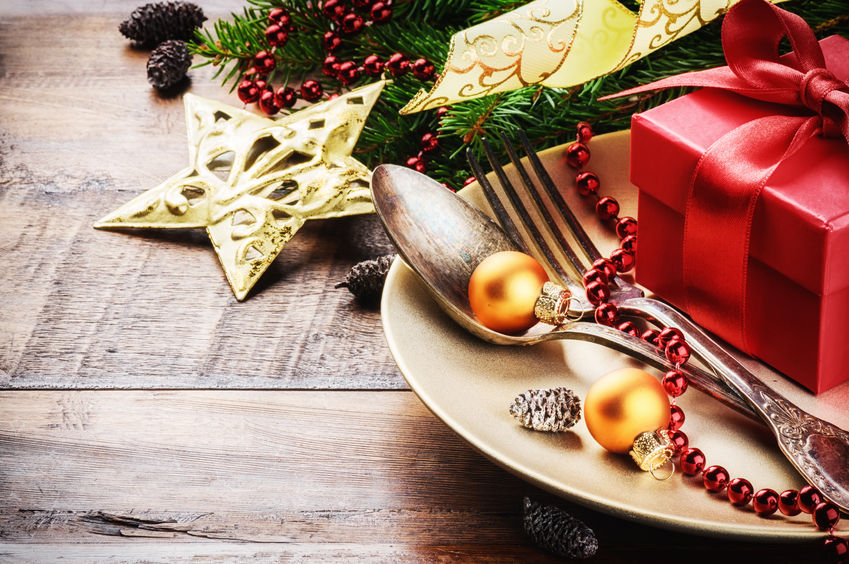Embed from Getty Images
Celebrations are an integral part of Filipino life and culture. Whether it be celebrations of the personal, religious or national kind, Filipinos enjoy commemorating these milestones.
As a nation, the Philippines has some of the most colorful celebrations imaginable – think of parades, processions, feasts and entertainment shows. Some celebrations are devoted to remembering national heroes such as Rizal Day and Bonifacio Day; but one of the most important days celebrated yearly is none other than the Philippine Independence Day held on the 12th of June.
The Philippines first proclaimed its sovereignty on June 12, 1898 in Kawit, Cavite, marking the end of more than 300 years of Spanish rule. It was the event where the Philippine flag was first used and the national anthem Lupang Hinirang (literally translated as Chosen Land) was played.
However, the Philippines was not completely independent as the proclamation suggested – neither the US nor Spain recognized the declaration of independence, and the Philippines was sold to the United States for $20 million during the Treaty of Paris. It would only be many decades later, on July 4, 1946 during the Treaty of Manila, that the US finally granted independence to the Philippines. Then president Diosdado Macapagal signed into law Republic Act No. 4166 which restored the celebration of Philippine Independence Day to June 12.
Why celebrate?
With an estimated 11 million Filipinos living overseas, Independence Day is an annual event that helps them to reconnect with their roots and assimilate this important celebration with the local culture of their host country. Such events are usually made possible through the embassy or consulate who spearhead the activities to engage the Filipino community and share the festivities with the local community in various countries.
2018 is the year that the Philippines celebrates its 120th year of independence. As today’s Filipinos enjoy the benefits of what our forefathers have sacrificed for the country, spend a moment to ponder what it means to be independent – to be free to speak, express, choose, love and act – without fear.
Celebrating Philippine Independence Day serves as a timely reminder to remember that the fight did not end with our forefathers.
It is a work in progress – an ongoing conversation that needs to be kept alive to ensure that future generations remains engaged and involved in nation building.
Such celebrations also serve as important venues to showcase the Filipino identity and culture, and the traditions that define Philippines as a country. These celebrations promote Filipino values, beliefs, and way of life.
There are many more reasons to celebrate, but amidst all the rites and festivities, may we never forget the reason for it all.

